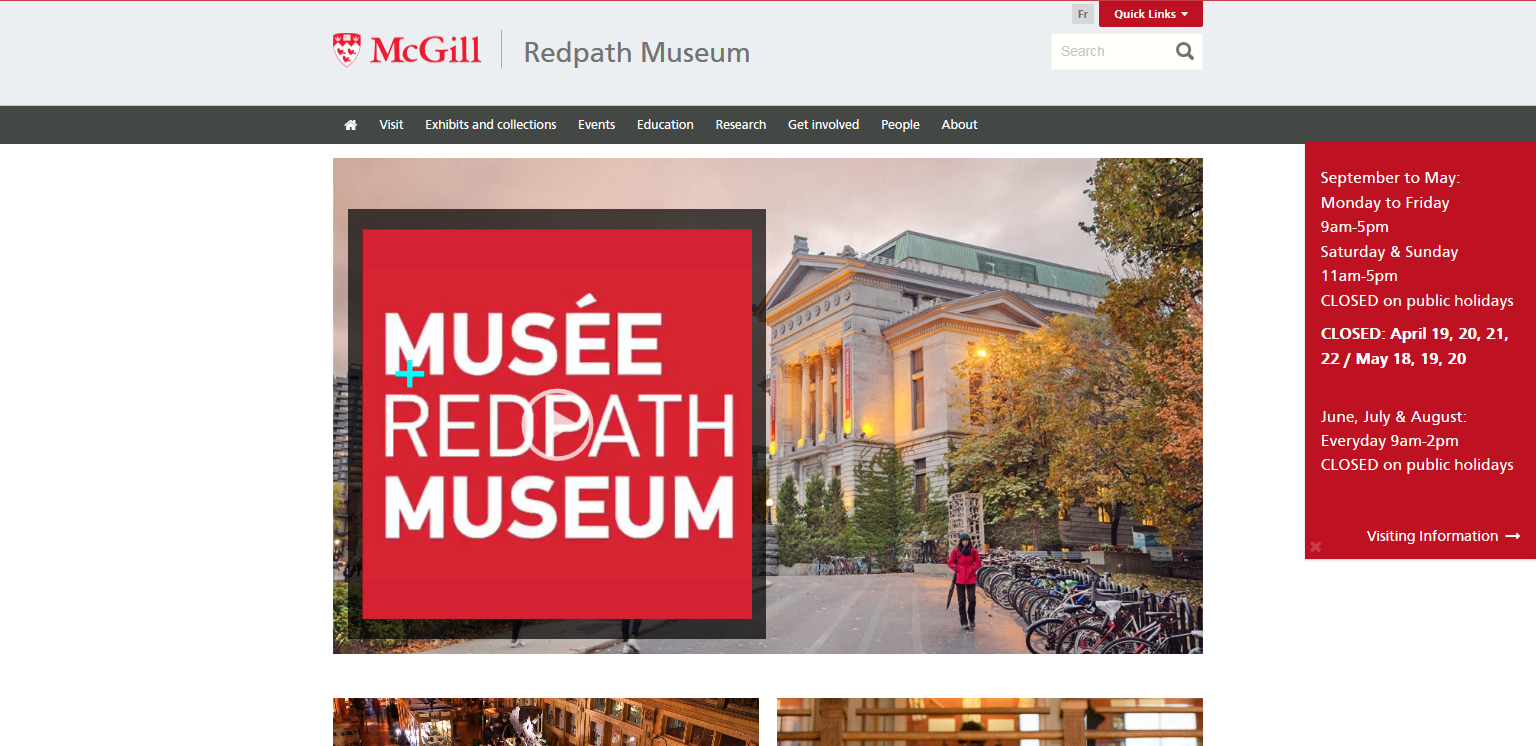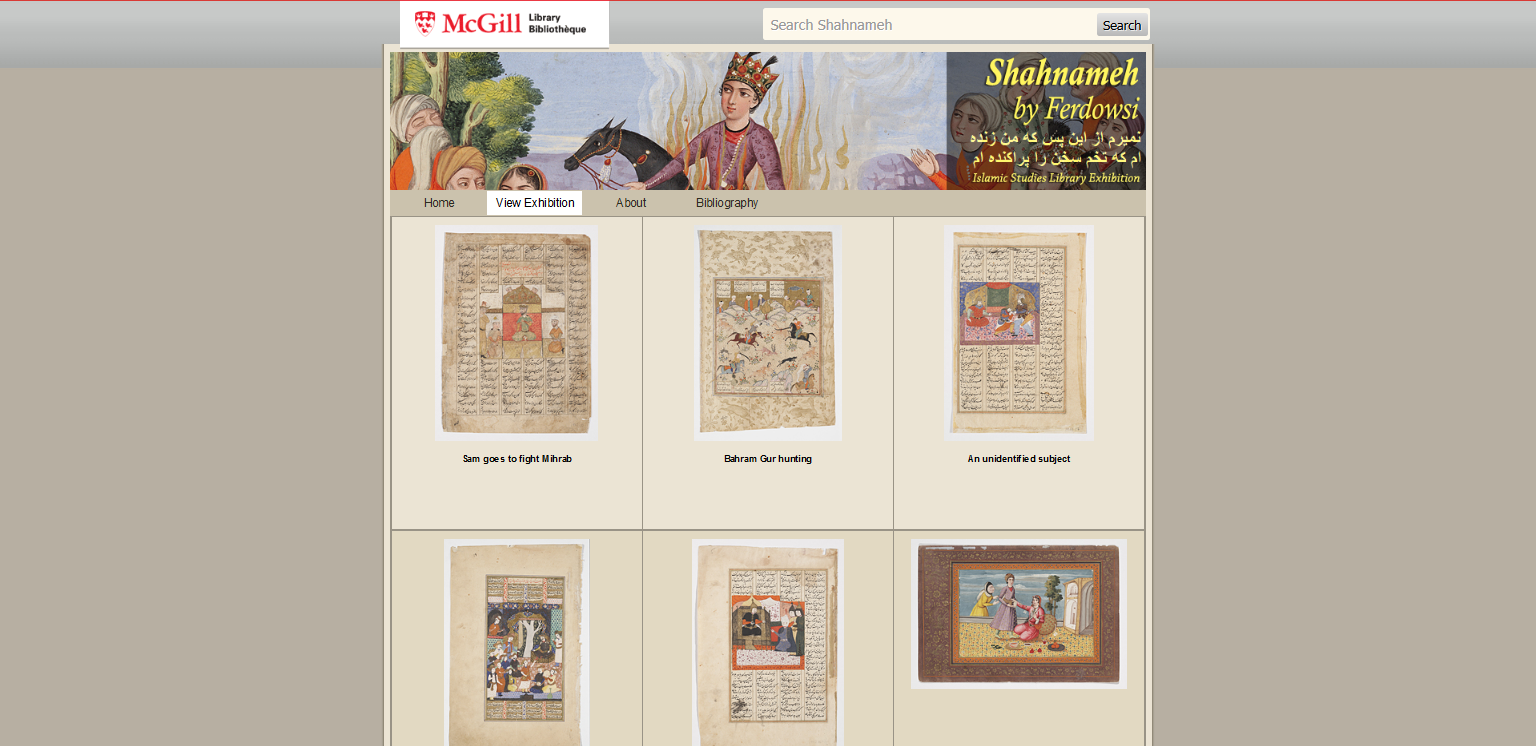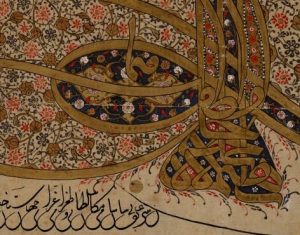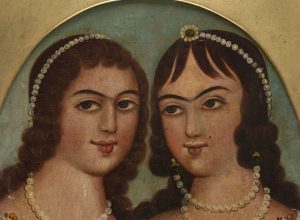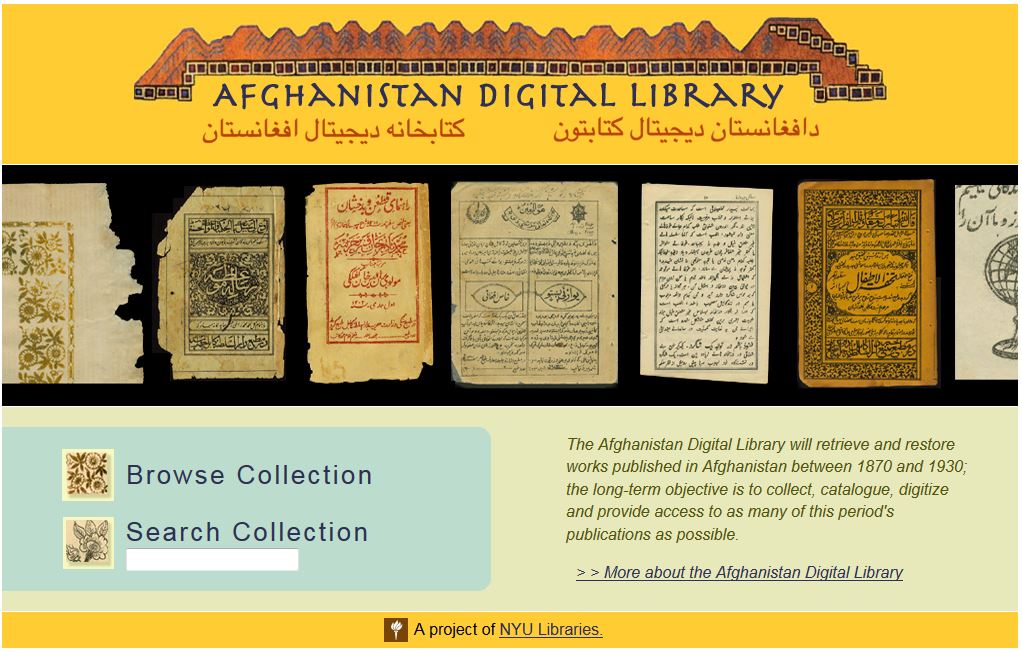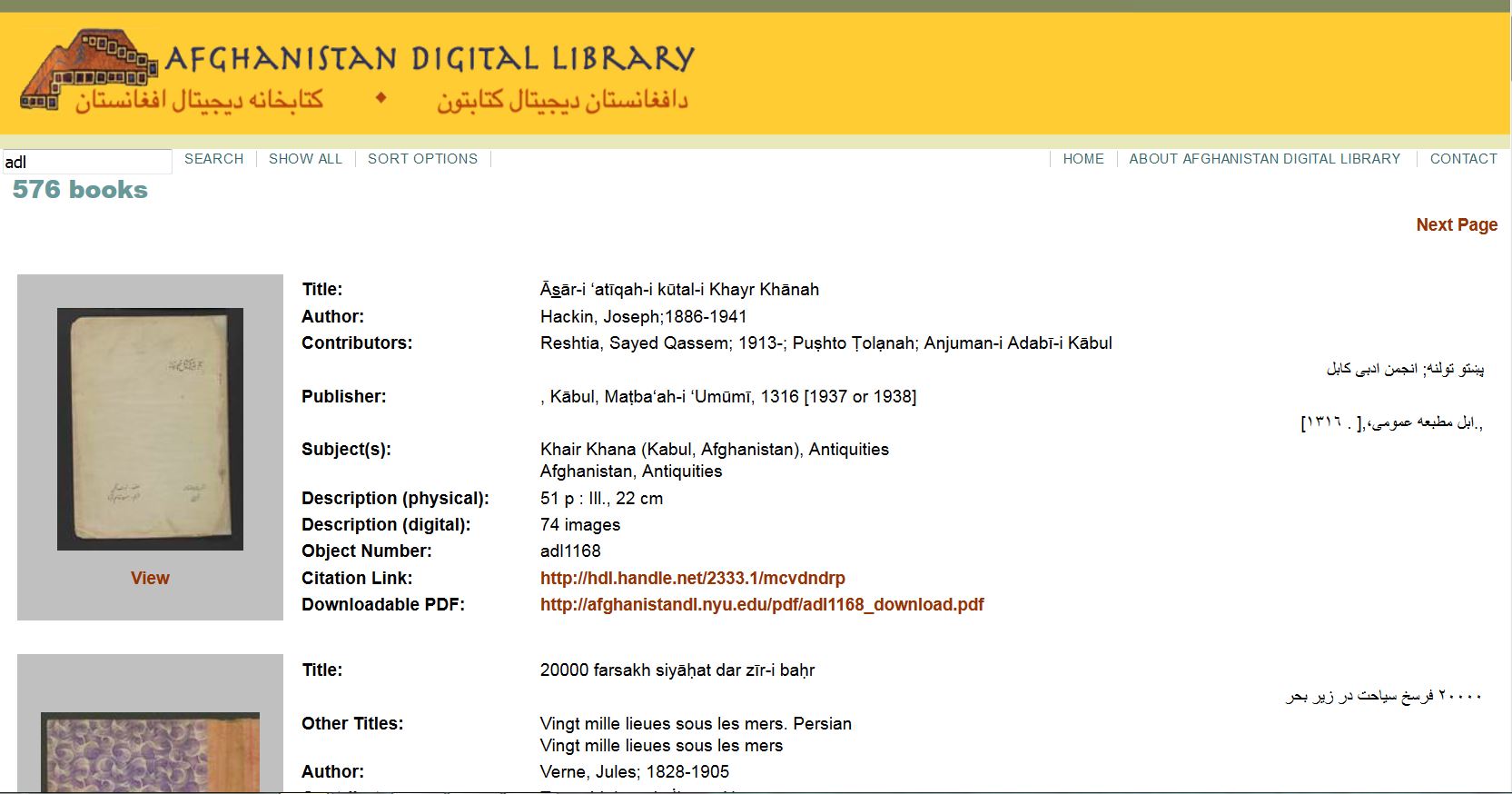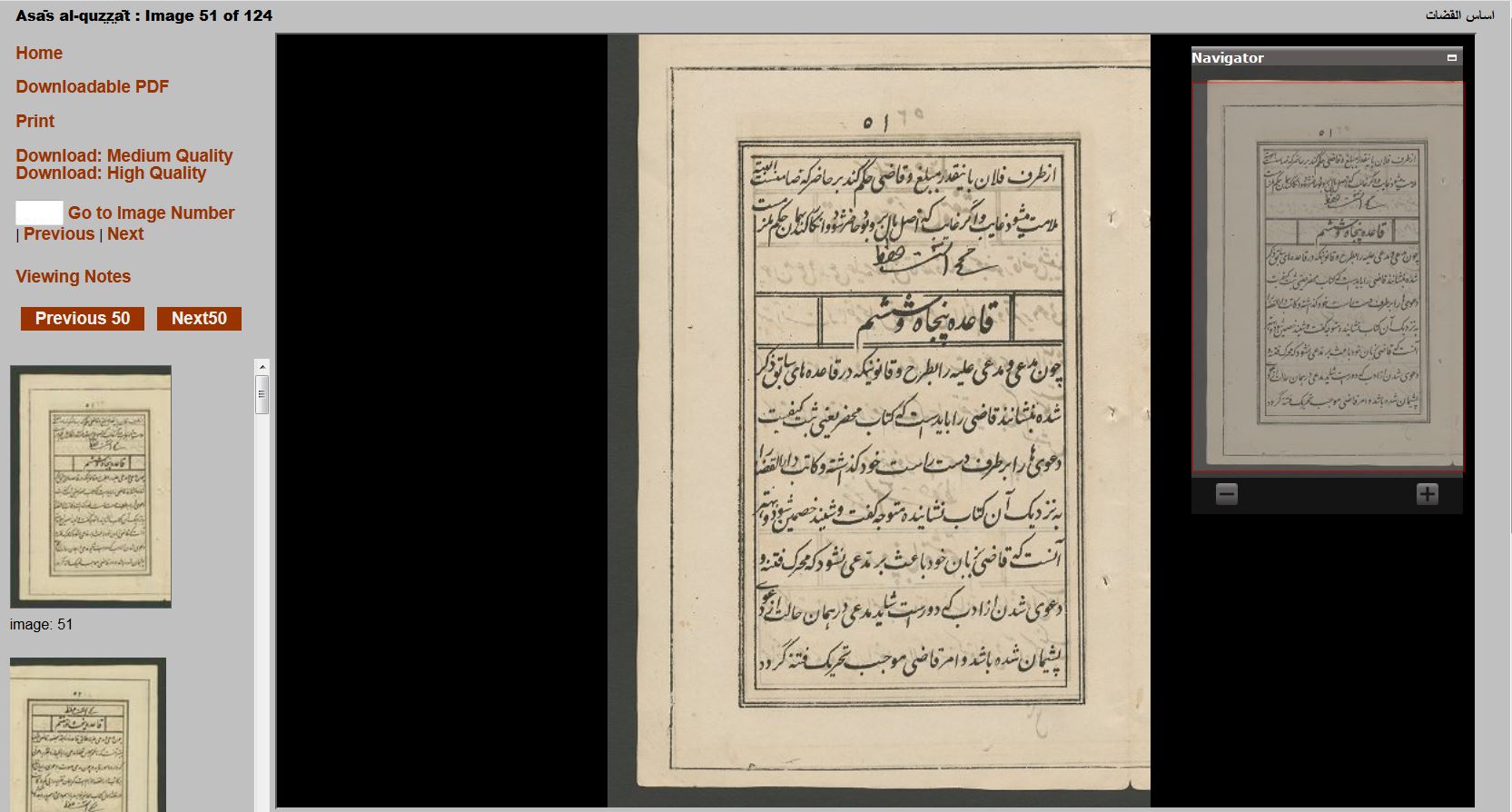Located on the McGill campus, the Redpath Museum is an academic unit of the University. “Its mandate is to foster understanding and appreciation of the diversity of our biological, geological, and cultural heritage through scientific research, collections-based study, and education.”
As part of its Spring programming, the Redpath Museum will be hosting two series of Persian Culture Workshops in English designed respectively for children ages 7-9 and ages 10-12. The workshops, offered by Dr. Farshid Sadatsharifi, visiting scholar at the McGill Institute of Islamic Studies, and Mrs. Ghazaleh Ghanavizchian, Senior Library Clerk at the Islamic Studies Library of McGill University will explore “the historical events, the colorful medieval paintings and the beautiful collection of poems kept within the pages of the Persian Epic of Kings.”
The full programming is as follow:
- May 5th: The Persian Epic of Kings – Part 1 (ages 7-9)
- May 12th: The Persian Epic of Kings – Part 2 (ages 7-9)
- June 1st: The Persian Epic of Kings – Part 1 (ages 10-12)
- June 15th: The Persian Epic of Kings – Part 2 (ages 10-12)
Please note that as space is limited, registration is required and will close a few days before the workshops.
Facebook users may follow the series there: The Persian Epic of Kings for Children ages 7 to 9 and The Persian Epic of Kings for Children ages 10 to 12.
To go further, the Islamic Studies Library collection includes a significants number of miniatures and manuscripts copies of the book Shahnameh – Epic of Kings. Some of them are accessible online in the Shahnameh by Ferdowsi digital exhibition:
For more information about Persian culture, you may visit the Islamic Studies Library of McGill University.


